They are arguably the most iconic duo in Scottish football today, charged with keeping Arbroath in the Championship.
One of them grabs the headlines and fills the airwaves with his witty stories and outbursts over blundering officials. The other gets a fraction of the publicity.
Dick Campbell may be one of the best-kent faces in Scottish football, but much of the Lichties gaffer’s success is shared with twin brother Ian.
Dick, the older of the two by an hour, takes centre stage. He enjoys holding court, regaling listeners with tales from his career. He is the manager after all.
Ian, on the other hand, does not care so much for the fanfare, preferring to tinker away in the background.
He’s had brief spells in charge at clubs but football management doesn’t appeal to him.
Happy in the background
It’s a partnership that has worked for decades.
But does all of the focus on his brother annoy him?
“It doesn’t bother me at all,” Ian, nicknamed ‘Pink’, told Courier Sport. “I think I know, and the players know, how it works. It’s like any team.
“He’s the manager, and a first class one. I’d much rather be in the background doing what I’m doing and working away.
“I do take an active part in the fan engagement. I love that, listening and talking to them.
“I just support Dick as much as he needs it. I’m not fussy about being a football manager, but I love working with the players.
“A good assistant manager or coach should be like a good referee – they are very, very good but you don’t notice them. I’d like to think that’s me.
“There is only one person that can be the manager and that’s Dick.”
The pair have formed a formidable management partnership both in the dugout and away from football.
Dick previously joked that he was the gaffer on a Saturday and Ian was the boss during the week.
That’s not quite the case these days, with Dick “semi-retired” and focusing the majority of his time on the Lichties. Ian continues his management director roles outwith the beautiful game, but is no less committed to the Angus side.
Importance of fun
They know when to put in the graft – and they also have a laugh too; something that he feels is important when dealing with part-time players.
“We have a time to work and time to play. It just so happens he does most of the playing and I work,” joked Ian.
“We have a fantastic laugh with the players but when there is a time to focus the guys get on with it.
“We’ve worked with players for 30 years now and the group we have just now are as good as any.
“The players have been with us that long they are finishing our sentences.
“They know the standards we work to. We’ve got an environment where it’s really friendly.
“Come a Saturday, the quality of the players is immense.
“We have a fantastic camaraderie and you just can’t beat that. The players work all day and we want them to come to the club with a smile on their faces.”
Where does ‘Pink’ nickname come from?
As for his nickname…
On a match day, you’ll rarely hear the name Ian uttered, with players and management of both sides referring to him by a nickname which has stuck for 54 years.
So, what’s the meaning behind “Pink”?
“It’s a long story, quite boring actually,” he explained.
“There have been loads of stories made up. When I was younger, I was an 800m runner.
“I’ve got an easy, loping stride. I used to overtake them on the last bend.
“One of the guys at the running club one night said: ‘Here he comes, the Pink Panther’.
“That’s was when I was 14 and, to this day, I still get called Pink.”
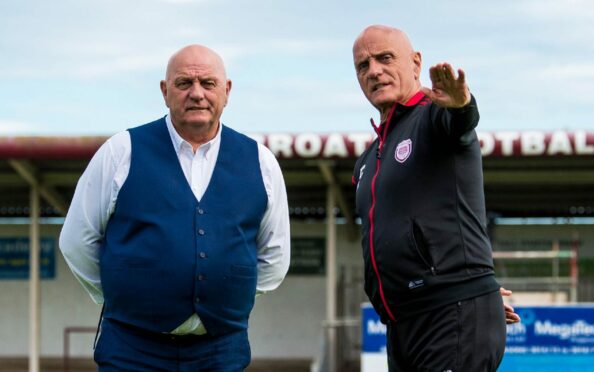
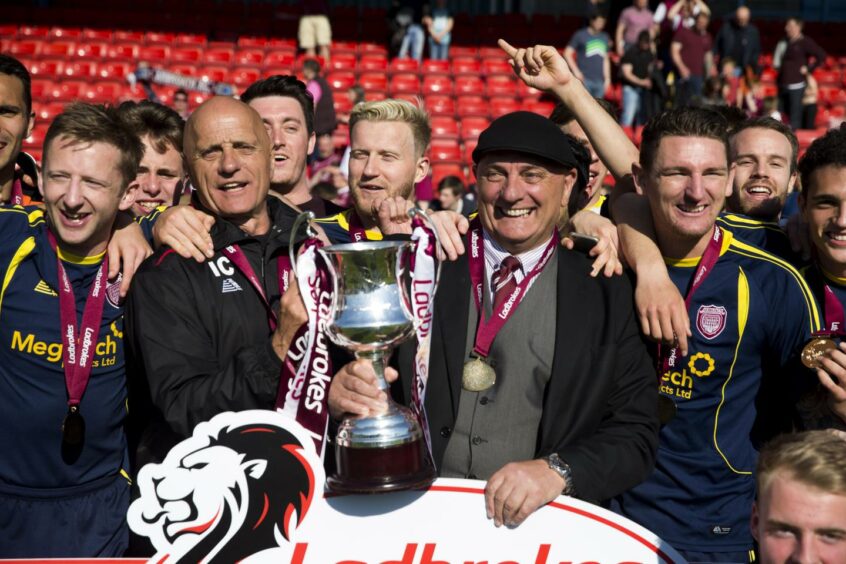
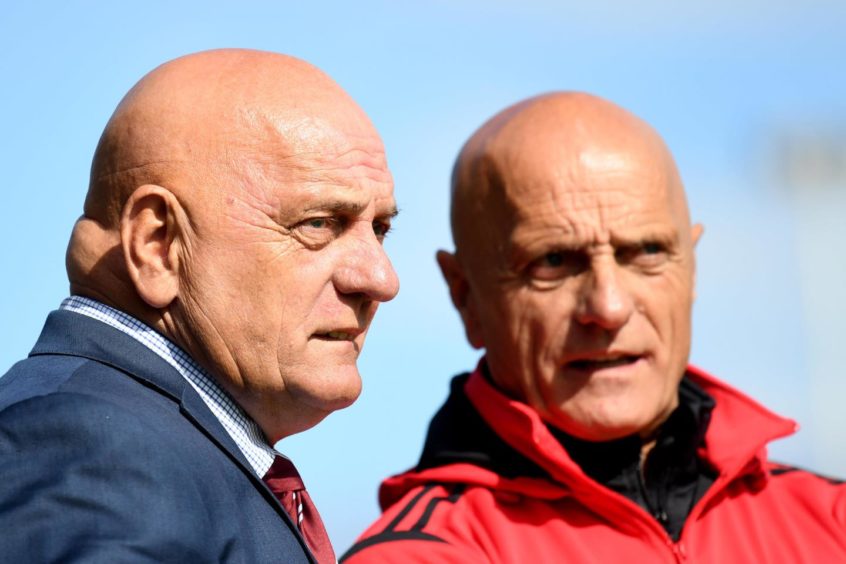
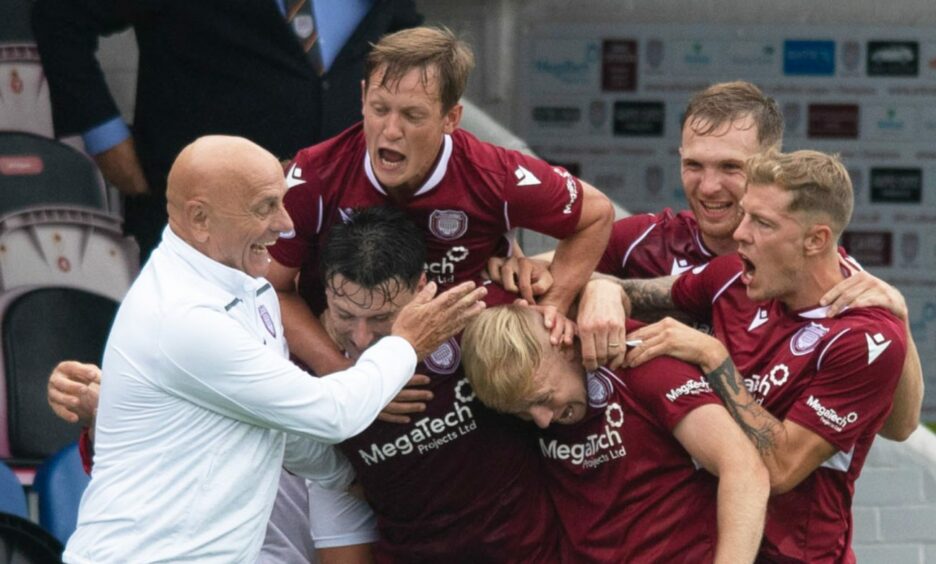
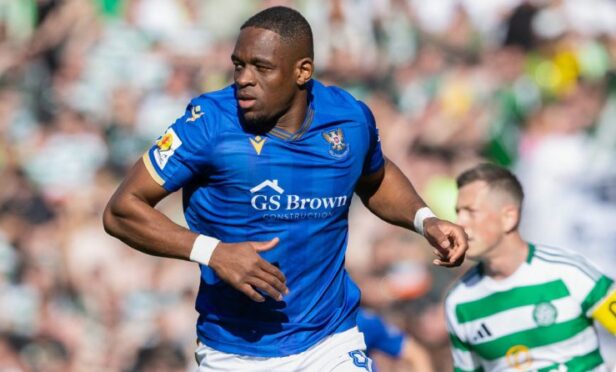
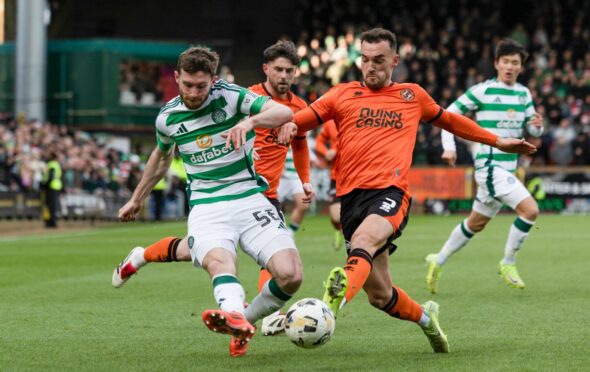
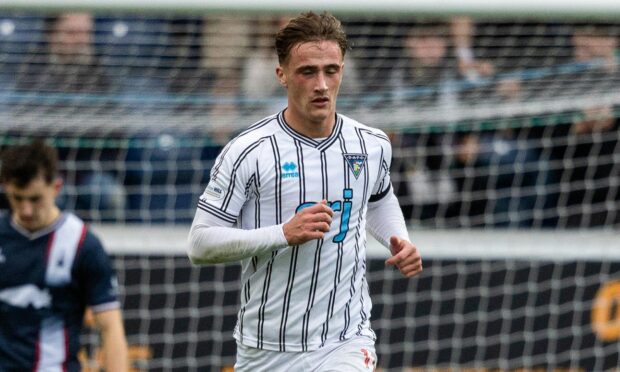
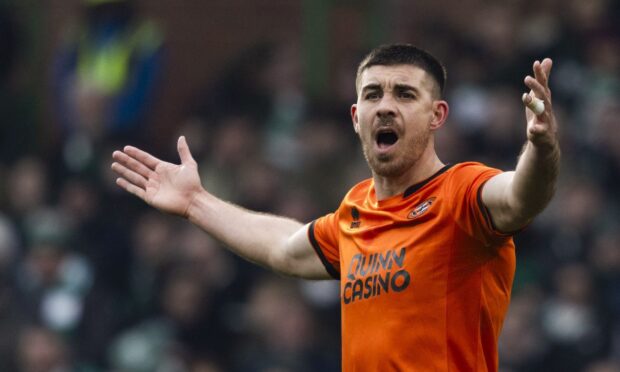
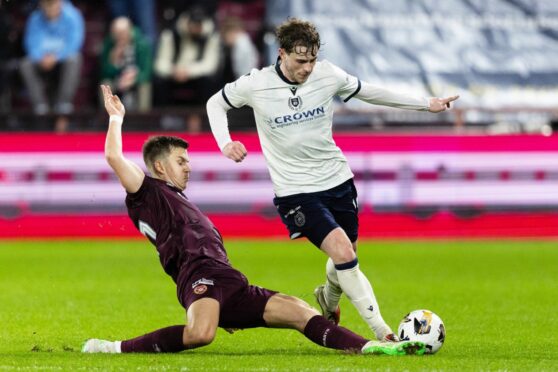
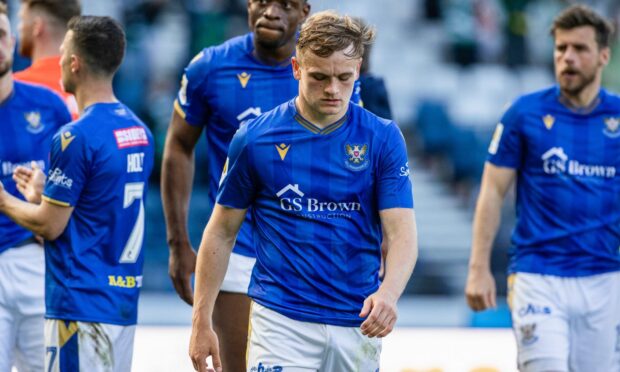
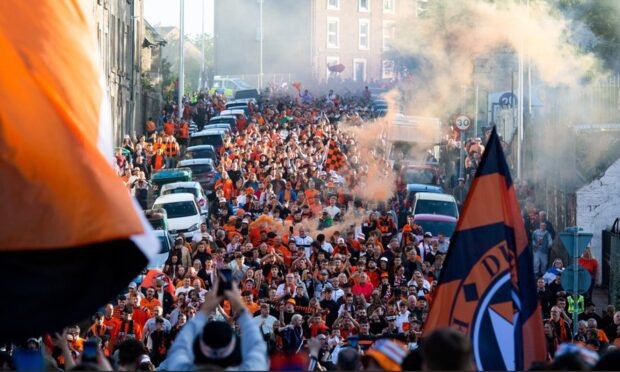
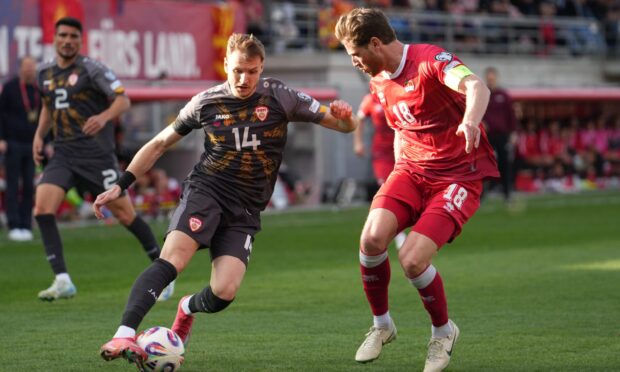
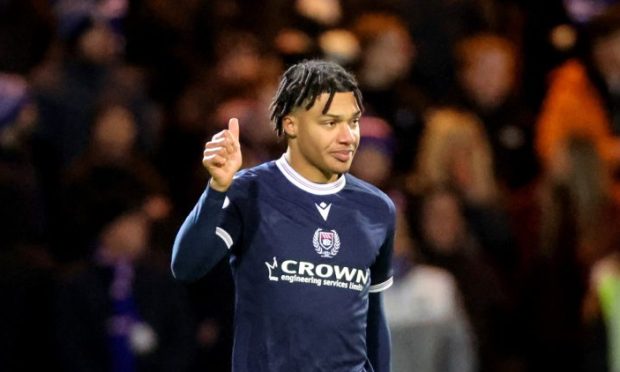
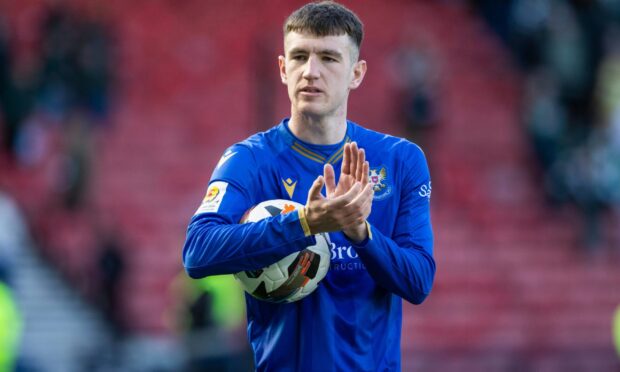
Conversation